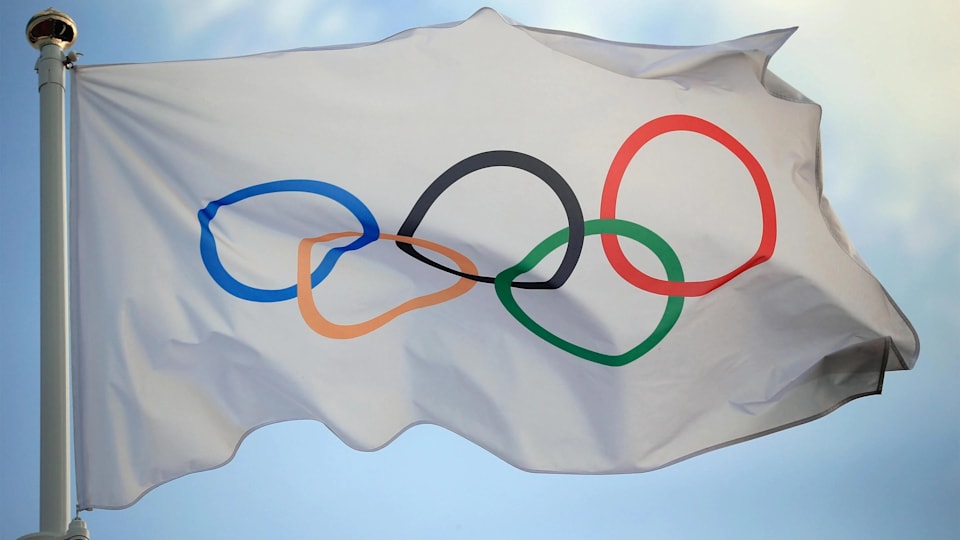Successful overhaul of Games terminology

Throughout the last year, a major effort has been undertaken to review all the terms in the Games terminology database, which aims to facilitate a more consistent use of “Games language” and improve communication and mutual understanding between the many stakeholders involved in the organisation of the Games.
About 1,100 terms were verified by 50 “term owners” (usually Functional Areas) and were quality checked by the IOC’s Translation team. They then underwent a legal review, as a number of terms are part of the Olympic Host Contract or may have other legal implications. Ahead of the Olympic Games in Paris next year and the Youth Olympic Games Dakar 2026, all the terms have been translated into French as well. The database, located in SharePoint, only features terms which are too specific to be part of an ordinary dictionary.
New, user-friendly features
“This has been the most extensive review of Games terminology in seven years,” explains Johanna Helmlinger, Senior Information Manager in the IOC’s IKL team. “During this revamp, we have also added some new features to the database, aimed at improving the user experience. For instance, users can now search terminology specific to the Olympic Games, the Youth Olympic Games or the Paralympics, or filter terms by Functional Area.”
Key changes such as Rights-Holding Broadcaster (RHB) now being referred to as Media Rights-Holder (MRH) can be found in a file available on the homepage. Another section highlights recent changes and additions to facilitate navigation.
The database will remain a work in progress, as the terminology keeps evolving. The IKL team is overseeing this process and coordinates with the term owners for updates. The Games Delivery Office has to validate all terminology, which ensures an integrated approach. Users, who include Olympic Games and Youth Olympic Games Organising Committees, the International Paralympic Committee (IPC), National Olympic Committees, International Federations, Olympic Broadcasting Services (OBS) and the Olympic Channel, can create alerts to get notified when updates are available.
“Consistent language among all Games stakeholders is imperative to ensure clarity and efficiency, and avoid misunderstandings,” concludes Johanna. “In this regard, the Games terminology database serves as an important single source of truth, and we hope that everyone makes best use of it.”
Click here to learn more and access the Games terminology database.